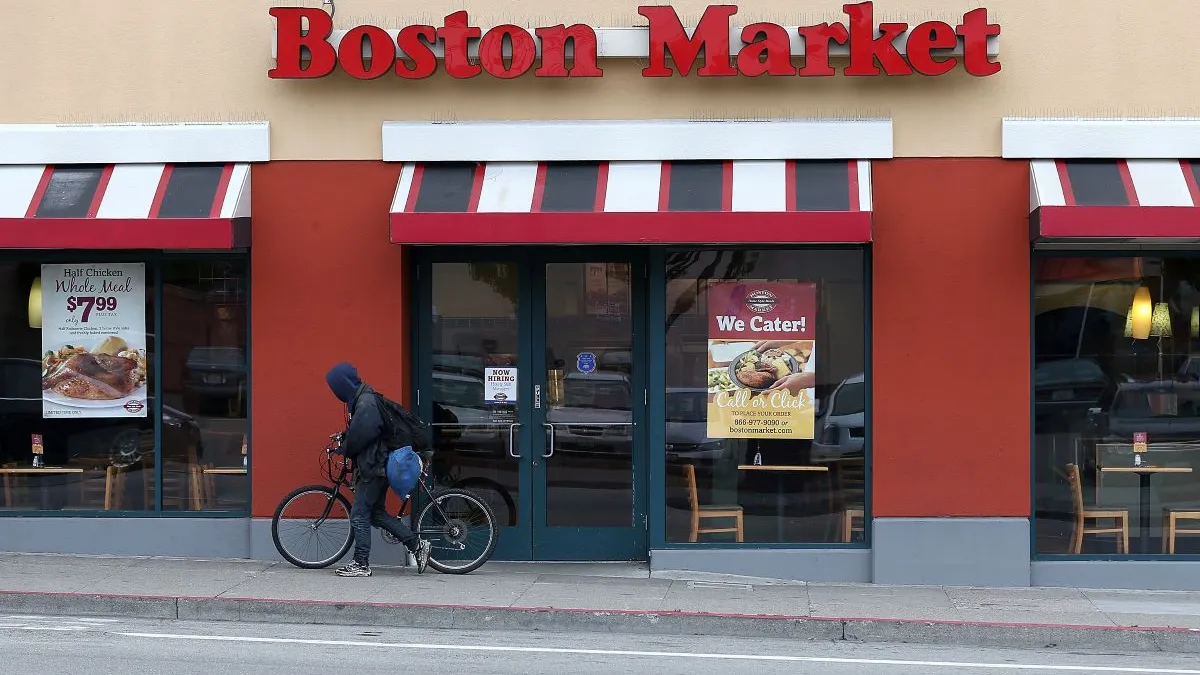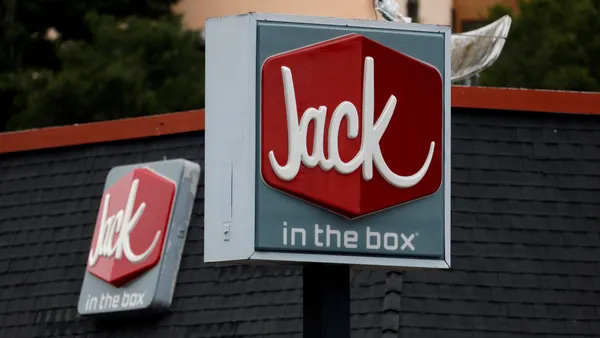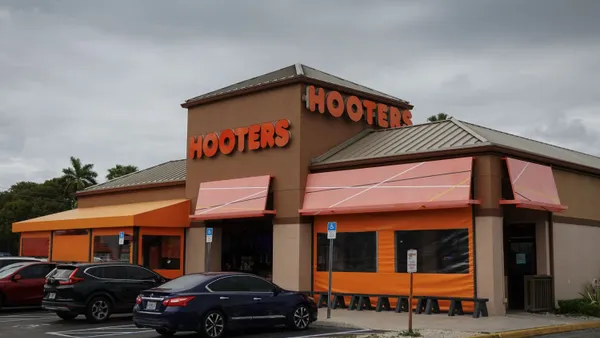Dive Brief:
- U.S. Foods filed a lawsuit against Boston Market Monday alleging the chain owes over $11.6 million in unpaid bills, according to a court filing.
- In May, the Colorado Department of Revenue seized the company's headquarters and changed the locks to recoup $328,592 in unpaid sales and payroll taxes, according to The Denver Post.
- U.S. Foods joins a growing list of vendors, landlords and employees suing the chain over unpaid bills within the last few months.
Dive Insight:
In addition to the U.S. Foods lawsuit, Boston Market has been sued for roughly $2 million, at least, so far from various parties.
Food distributor Ben Keith, a produce distributor, sued the chain for $1 million and refrigeration rental company Polar Leasing has sued the brand for $338,850 in unpaid bills. According to Restaurant Business, some of the chain’s Massachusetts employees have also filed suit against the company for delayed or unpaid wages. McDonald’s, one of the company’s former owners, has sued the chain regarding two units in Massachusetts, as well.
In May, a Golden, Colorado, judge ordered the chain to pay over $580,000 in back rent to the landlord of its headquarters. The ruling was default judgment because the chain never responded to the landlord’s January lawsuit, according to The Denver Post. The landlord told the publication that the office cleared out during the pandemic following a move to remote work, but there are no signs workers have returned.
Boston Market was purchased in 2020 by Engage Brands, owned by one of the Rohan Group of Companies. Engage Brands had plans to grow the chain. Even before Engage’s ownership, Boston to Market was struggling with expansion, closing at least 45 locations in 2019. The restaurant, which had over 1,100 units in the 1990s, has shrunk to about 300 units, according to Restaurant Business.
This isn’t the only brand owned by Jay Pandya that has struggled financially. Corner Bakery, which Pandya Group bought in in 2020, filed for bankruptcy in February and was later sold to one of its creditors for $15 million.
Boston Market did not respond to request for comment by press time.














